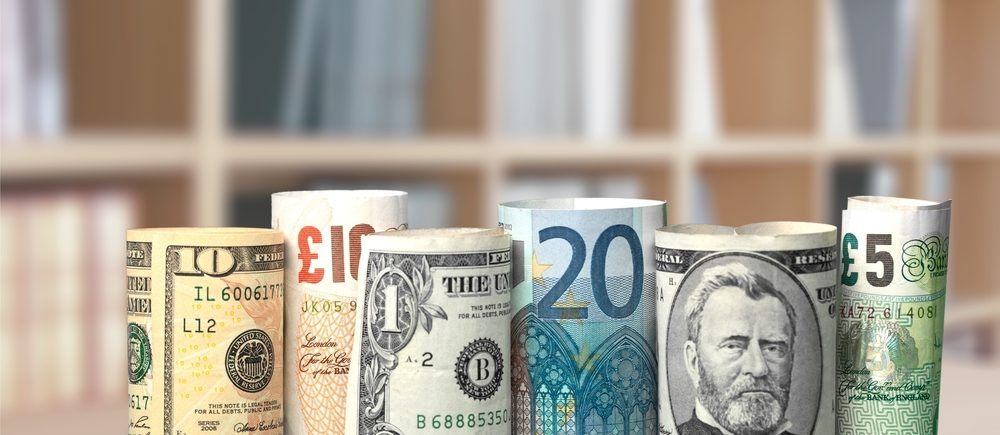The dollar traded near its weakest levels in months against the euro and the pound sterling on Wednesday, after falling overnight on pressure from softer-than-expected inflation data that raised bets that the Federal Reserve will slow the pace of interest rate hikes.
After raising interest rates four times in a row by 75 basis points, the US central bank is widely expected to raise interest rates by 50 basis points as it concludes its two-day meeting on Wednesday.
Traders will then turn their focus to Thursday’s meetings of the Bank of England and European Central Bank, where there is also consensus to raise interest rates by 50 basis points.
The price of the euro stabilized against the dollar and recorded 1.0642 dollars, approaching the highest level in a day recorded in six months at 1.0673 dollars, which it touched in the previous session after the US consumer price index data.
The British pound, which also reached a six-month high after the release of US data, settled at $1.2376 after falling briefly when British inflation data also showed a sharper-than-expected decline.
But the annual inflation rate of 10.7%, compared to 10.9% expected, remains painfully high for British consumers.
A report on Tuesday from the Labor Department showed that consumer prices in the United States rose less-than-expected for the second consecutive month in November, with consumer prices rising at the lowest rate in at least 15 months.
This data reinforced the current expectations that the Federal Reserve will slow the rate hike to 50 basis points.
The dollar index, which tracks the greenback against six major currencies, fell to 103.91 after hitting a six-month low of 103.57 in the wake of the inflation data.
The index has fallen 9 percent since hitting a 20-year high in September on expectations that the high and rising US interest rates that have fueled the dollar’s gains will begin to ease.
The dollar traded at 135.27 Japanese yen, down 0.2 percent after declining 1.5 percent yesterday, Tuesday, and recorded 0.9277 Swiss francs, after falling to an eight-month low of 0.9230 yesterday, Tuesday.
 Noor Trends News, Technical Analysis, Educational Tools and Recommendations
Noor Trends News, Technical Analysis, Educational Tools and Recommendations





